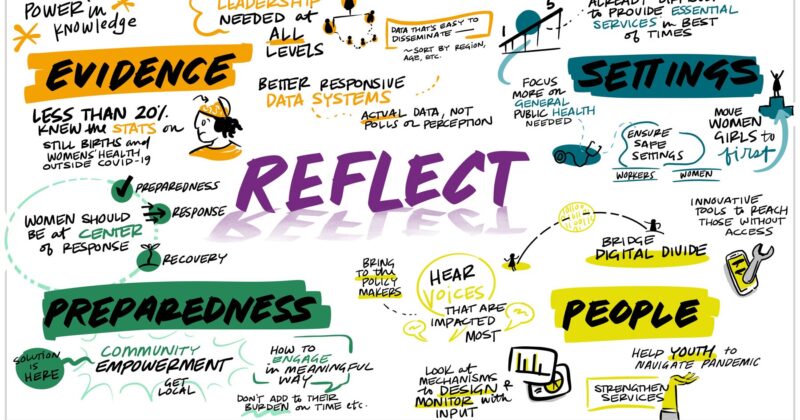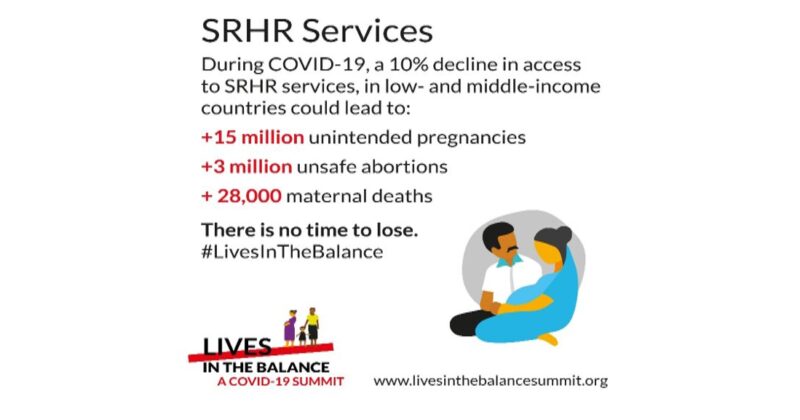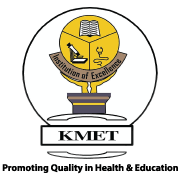
Lives in the balance, a COVID-19 Summit
By: Sandra Yvonne Oketch COVID- 19 is a public health crisis that has ravaged the health and economic situations and magnified the disparities and inequality that already exists in many women, adolescents and children. This impact has led to disruptions in health services that include: management of acute malnutrition, provision of family planning and immunizations, antenatal and postal care, HIV/ AIDS care and many other services. The Lives in the balance a COVID 19 virtual summit held on the 1st and 2nd July 2020 was hosted by Partnership for Maternal, Newborn & Child Health (PMNCH) and Core Group bringing together key stakeholders to discuss the impact of COVID- 19 on the health and wellbeing of women, children and adolescents. The highlights from key note speakers: The first keynote speaker, was the WHO Director and he emphasized on the need of having multi-stakeholder platforms in the response to the COVID- 19 pandemic. “First, we need to advocate for an intersectoral approach informed by rights- based and...






